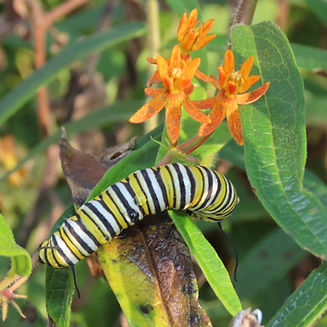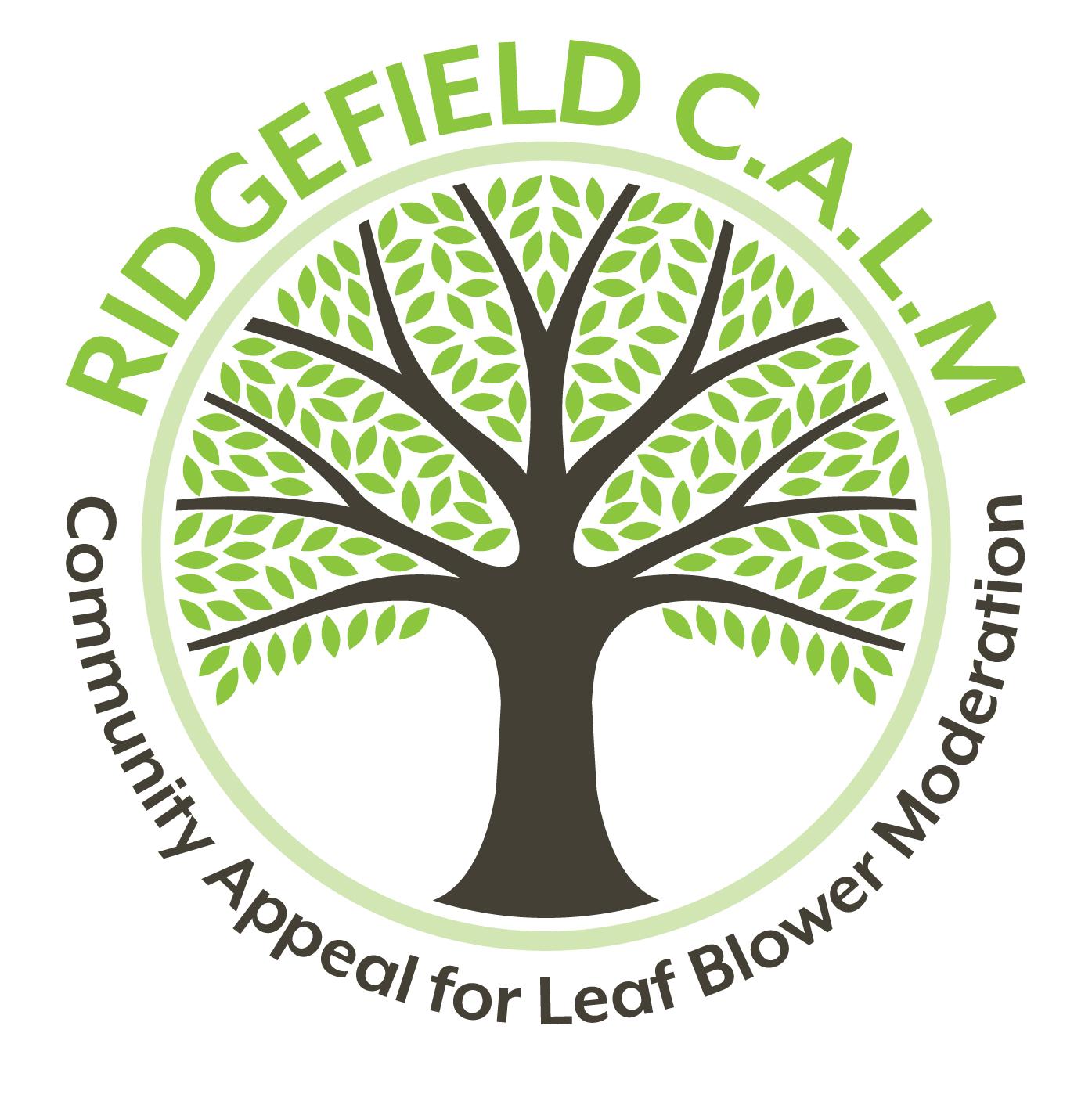

Why ACT?
Benefits from a decrease in the use of gas-powered leaf blowers
Healthier lives
The air and noise pollution from gas-powered leaf blowers are bad for everyone. But the ill health effects are experienced most intensely by the landscape workers whose lungs breathe in more of the exhaust fumes and whose hearing is most intensly impacted by the noise for extended periods of time.
A 2014 study published in Nature Communications calculated that the harmful emissions of a gas powered leaf blower to be “124 times higher than an idling truck and included benzene, butadiene, and formaldehyde, which are listed among the four top ranking cancer-causing compounds.”
A 2011 study by Edmunds found, “the hydrocarbon emissions from a half-hour of yard work with the two-stroke leaf blower are about the same as a 3,900-mile drive from Texas to Alaska in a Raptor,” said Jason Kavanagh, Engineering Editor at Edmunds.com. “As ridiculous as it may sound, it is more ‘green’ to ditch your yard equipment and find a way to blow leaves using a Raptor.”
Quieter neighborhoods
The noise from leaf blowers infringes on the ability of Ridgefield residents to enjoy their homes and property. The current Ridgefield noise ordinance allows anyone to use as many gas powered leaf blowers as they like; any day of the week; any day of the year; from 7 am to 9 pm. There is only one condition — the gas powered leaf blower must have an operable muffler.
Cleaner air
In a 2017 article in Science magazine, Emily Underwood wrote, “Evidence builds that dirty air causes reduced cognitive functioning. That is, fine-particulate pollution, of which there are many sources, and that two-stroke engines create to a disproportionate degree, is associated with mental problems in addition to its other known health effects. A growing body of evidence suggests that inhaling fine and ultra-fine particles can also harm the brain, accelerating cognitive aging, and may even increase risk of Alzheimer’s disease and other forms of dementia.”
Birds and pollinators
Backyards and gardens are habitat for wildlife, including in the winter when many species of insects hibernate among fallen leaves. Leaf blowers kill butterflies, moths, fireflies, and scores of species of native bees and other pollinators.